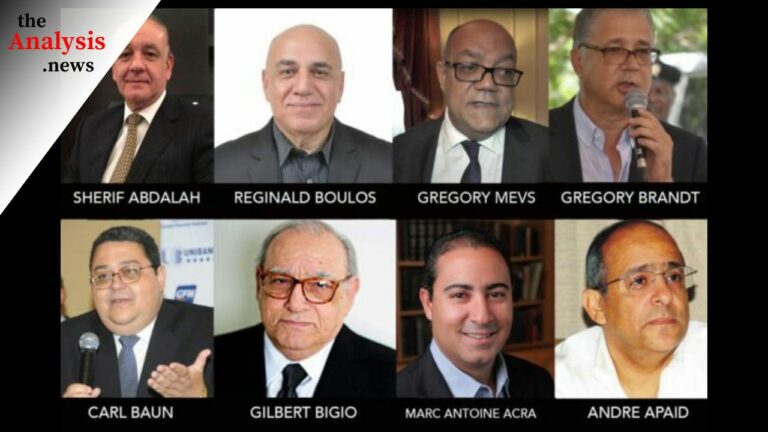The Radicalization of Phil Donahue – Reality Asserts Itself (pt 1/3)
Phil Donahue died on August 18, 2024. Mr. Donahue says he believed he was blessed, living in the greatest country on earth – but through hosting his show and speaking to people like Chomsky and the Black Panthers, he came to question what he had thought was true. This is an episode of Reality Asserts Itself, produced on September 30, 2014.









